How to become a Social Worker in Hawaii | License Requirements
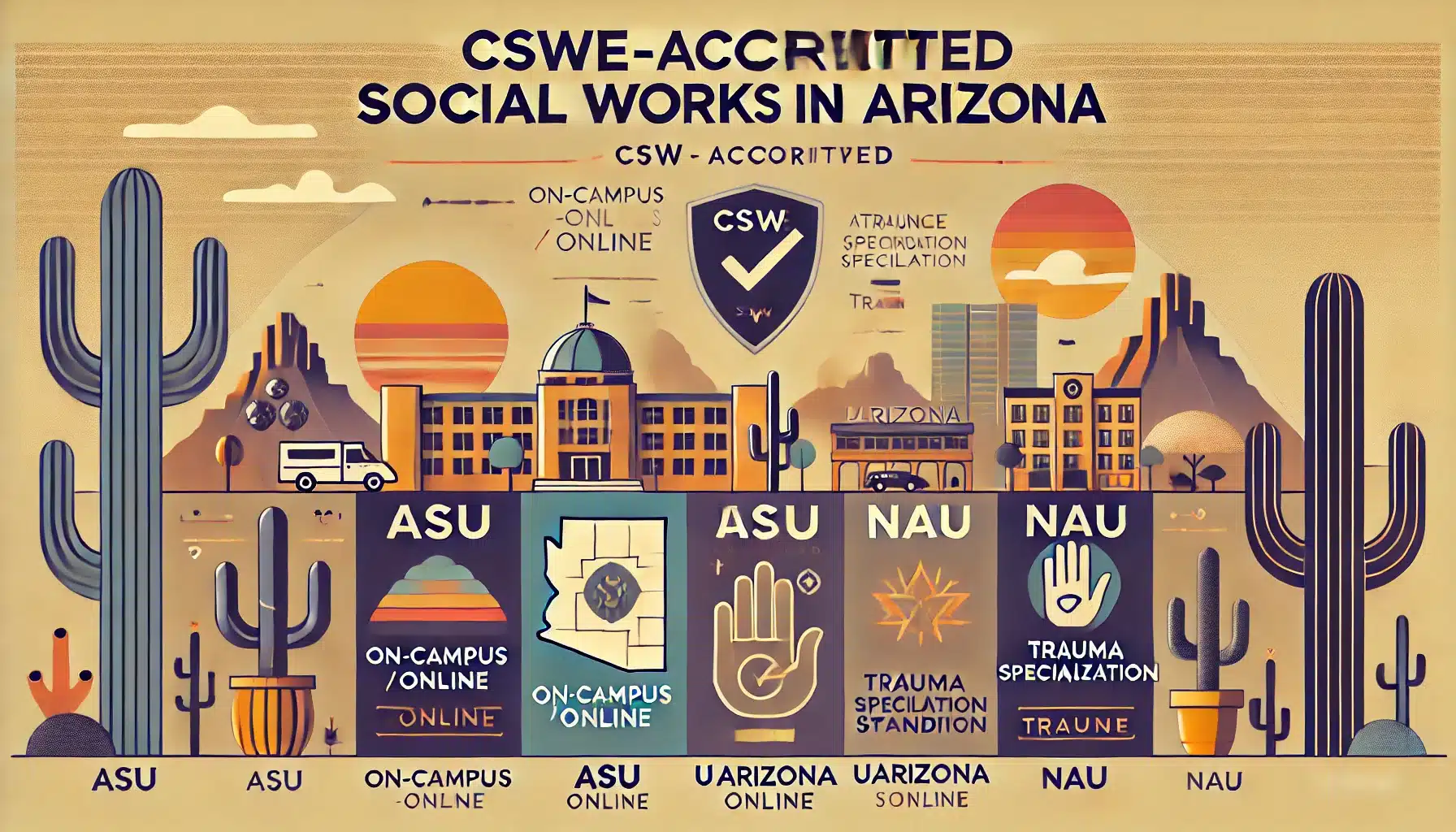
Becoming a licensed social worker in Hawaii involves understanding the various licensure levels, meeting specific educational requirements, completing the licensing process, and being aware of job prospects within the state. This guide provides a detailed overview to assist you on this path.
Hawaii Social Work Licensing Requirements
Hawaii offers three tiers of Social work licensure, each with distinct roles, requirements, and scopes of practice:
- Licensed Baccalaureate Social Worker (LBSW)
- Scope of Practice:
- Provide generalist services such as case management, advocacy, and community outreach.
- Work in settings like schools, non-profits, and government agencies.
- Requirements:
- Education: Bachelor’s in Social Work (BSW) from a CSWE-accredited program.
- Exam: Pass the ASWB Bachelor’s Exam (70 questions, $230 fee).
- Experience: No supervised hours required.
- Scope of Practice:
- Licensed Master Social Worker (LMSW)
- Scope of Practice:
- Deliver advanced non-clinical services, including program coordination, policy analysis, and macro-level social work.
- Eligible for administrative roles in healthcare, education, and government.
- Requirements:
- Education: Master’s in Social Work (MSW) from a CSWE-accredited program.
- Exam: Pass the ASWB Master’s Exam (100 questions, $230 fee).
- Experience: No supervised hours required.
- Scope of Practice:
- Licensed Clinical Social Worker (LCSW)
- Scope of Practice:
- Diagnose and treat mental health disorders (e.g., anxiety, depression).
- Provide psychotherapy, crisis intervention, and clinical assessments.
- Work in hospitals, private practice, or mental health clinics.
- Requirements:
- Education: MSW from a CSWE-accredited program with a clinical focus.
- Exam: Pass the ASWB Clinical Exam (170 questions, $260 fee).
- Experience: 3,000 hours of post-graduate supervised clinical experience (completed in 2–4 years under an LCSW).
- Scope of Practice:
CSWE programs In Hawaii
Accredited Programs in Hawaii
All programs must be accredited by the Council on Social Work Education (CSWE) to qualify for licensure.
BSW Programs Available in Hawaii:
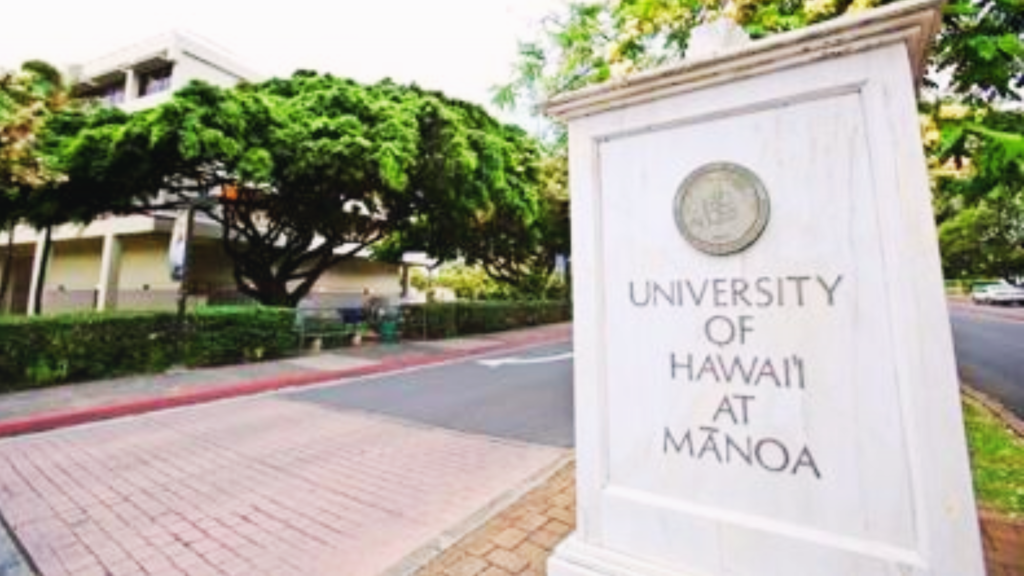
- University of Hawaii at Mānoa (On-Campus)
- Focus: Generalist practice with fieldwork in Honolulu communities.
- Unique Feature: Partnerships with Hawaii Department of Human Services.
- Brigham Young University-Hawaii (On-Campus)
- Focus: Culturally responsive practice, emphasizing Pacific Islander populations.
- Chaminade University of Honolulu (Hybrid)
- Focus: Social justice and community engagement.
- Hawaii Pacific University (Online/On-Campus)
- Focus: Military families and urban social work.
- University of Hawaii West Oʻahu (On-Campus)
- Focus: Rural and indigenous community needs.
MSW Programs Available in Hawaii:
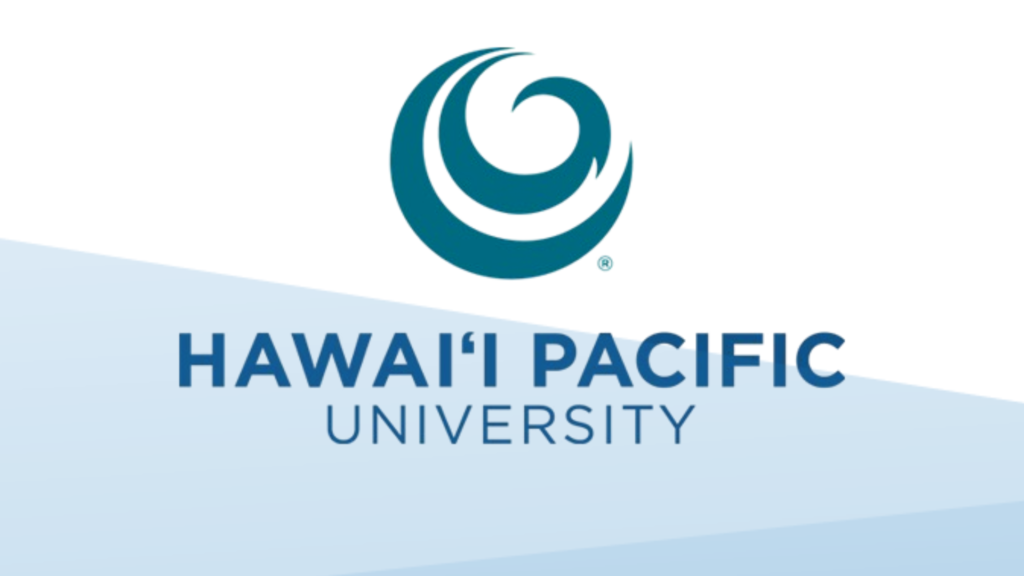
- University of Hawaii at Mānoa (Hybrid)
- Specializations: Clinical, Child & Family, Gerontology.
- Fieldwork: Placements at Queen’s Medical Center and Child Welfare Services.
- Chaminade University of Honolulu (Hybrid)
- Specialization: Trauma-informed care for veterans and disaster response.
- Hawaii Pacific University (Online)
- Specialization: Military social work and telehealth.
- Walden University (Online)
- CSWE-accredited; popular among working professionals.
- University of Southern California (Online)
- Offers a Virtual Field Practicum for Hawaii residents.
- Arizona State University (Online)
- Clinical focus with a certificate in behavioral health.
Online vs. On-Campus Programs:
- Online: Ideal for flexibility; ensure the program includes in-person fieldwork (e.g., 900–1,200 hours).
- On-Campus: Offers networking and local mentorship opportunities.
Hawaii Social Work Licensing Process
Step-by-Step Guide
- Complete Your Degree:
- Submit official transcripts to the Hawaii DCCA.
- Verify CSWE accreditation if you attended an out-of-state program.
- Apply for Licensure:
- Submit the application (
- 100fee),criminal background check(
- 100fee),criminal background check(50), and verification of education.
- Processing time: 4–6 weeks.
- Register for the ASWB Exam:
- After DCCA approval, schedule your exam via ASWB.
- Testing centers in Honolulu, Hilo, and Kahului.
- Complete Supervised Hours (LCSW Only):
- 3,000 hours must include 1,500 hours of direct client contact.
- Supervisors must be Hawaii-licensed LCSWs with 5+ years of experience.
- Submit monthly logs and a final verification form.
- Finalize Licensure:
- LBSW/LMSW: Receive your license after passing the exam.
- LCSW: Submit supervision documents and pass the clinical exam.
License Renewal:
- Renew every 2 years ($150 fee).
- Complete 45 continuing education (CE) hours (LCSW requires 15 CE hours in clinical topics).
Social Work License Reciprocity in Hawaii
Hawaii offers reciprocity if you:
- Hold an active license in good standing from another state.
- Passed the same ASWB exam tier required in Hawaii.
- Submit verification of licensure and exam scores via the ASWB Mobility Program.
Social Work Associations in Hawaii
- NASW Hawaii Chapter: Offers CE courses, advocacy, and job boards.
- Hawaii Clinical Social Work Society: Supports LCSWs in private practice.
Best Social Work Programs in Hawaii
Top BSW Programs
- University of Hawaii at Mānoa
- Why Choose: Strong focus on Native Hawaiian health disparities.
- Admission: 3.0 GPA, volunteer experience preferred.
- Hawaii Pacific University
- Why Choose: Military social work internships at Joint Base Pearl Harbor.
Top MSW Programs
- University of Hawaii at Mānoa
- Why Choose: Ranked #1 in the Pacific for clinical research.
- Chaminade University
- Why Choose: Specialized training in disaster mental health.
Scholarships & Financial Aid:
- Hawaii Community Foundation: Offers need-based awards for BSW/MSW students.
- NASW-HI Diversity Scholarship: $2,000 for underrepresented students.
- UH Mānoa Graduate Assistantships: Tuition waivers + stipends for MSW students.
Job Outlook & Salary Expectations
| Role | Average Salary | Top Employers |
| Licensed BSW | $52,000 | Hawaii DOE, Aloha United Way |
| Licensed MSW | $58,000 | Kaiser Permanente, Catholic Charities |
| Licensed Clinical SW | $75,000 | Private practice, Queens Medical Center |
2023 Salary Data Source: U.S. BLS & Hawaii DCCA
Job Growth:
- 15% increase expected for clinical social workers by 2030 (aging population & mental health demand).
- Key Sectors:
- Healthcare: Integrated behavioral health roles in hospitals.
- Schools: Trauma specialists for K–12 students.
- Government: Child protective services and veteran support.

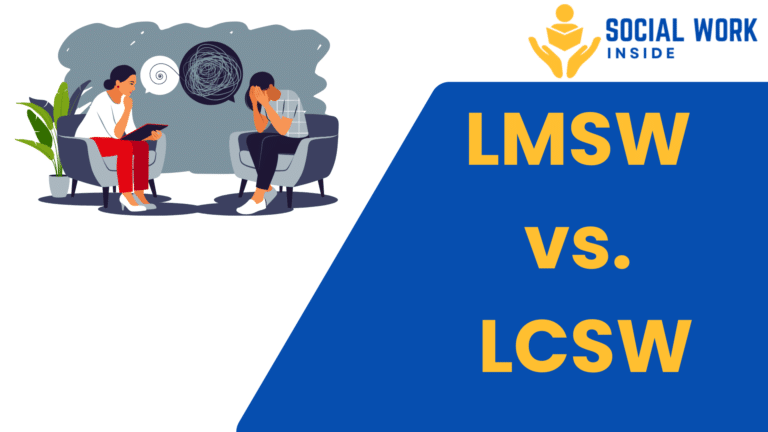

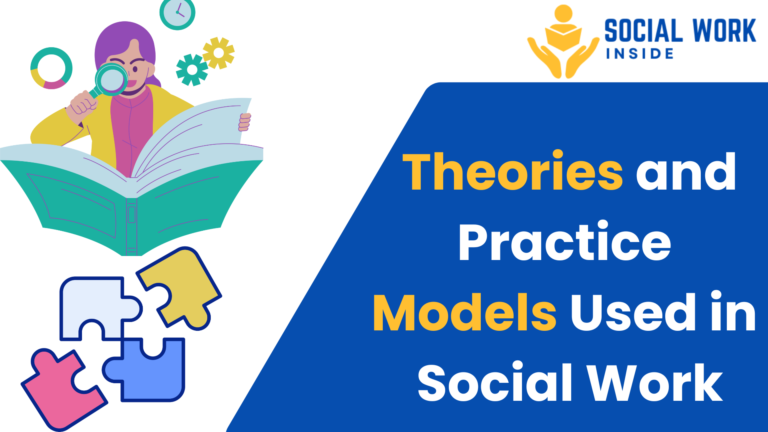
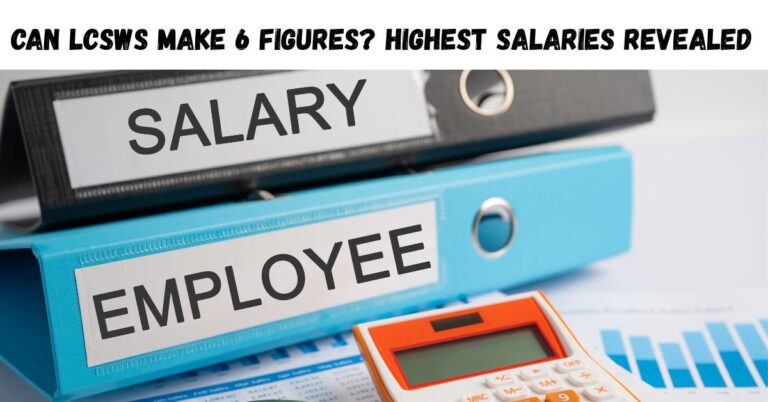
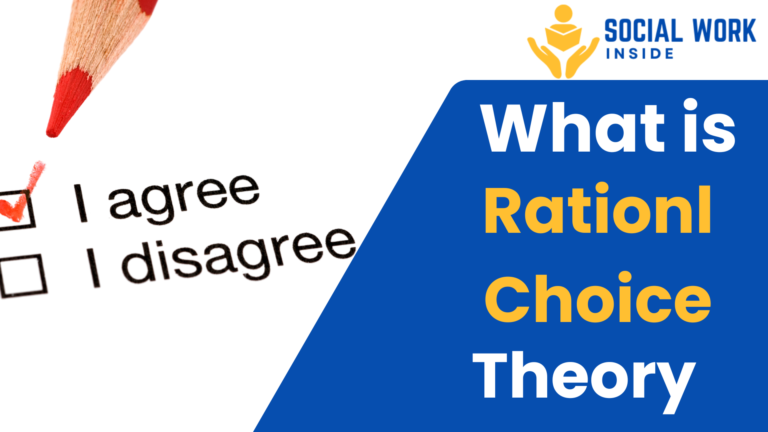
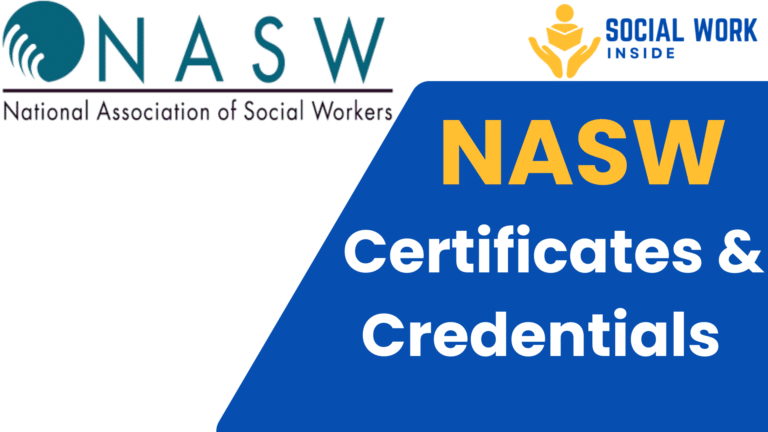
One Comment